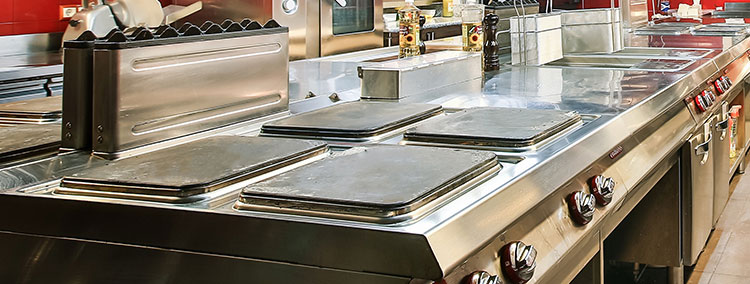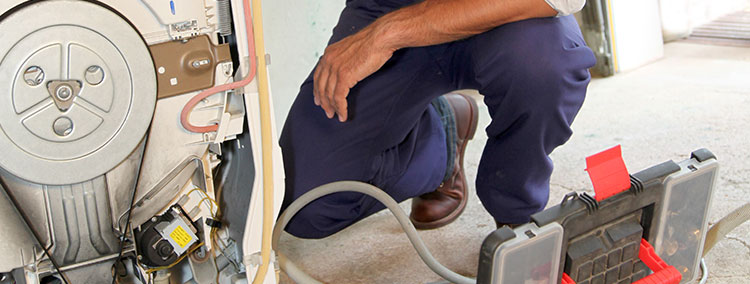For your washing machine to function optimally and last for a long time, you need to observe a set of best practices. Wondering which are these practices? Here they are as given by washer repair professionals:
Separate the garments
As much as clothes appear similar, they aren’t—they are made from different materials with different cleaning instructions. To avoid damaging your outfits, check the clothes tags for washing instructions.
While most clothes are machine washable, check the tags for further instructions as some clothes might get damaged. For example, some might shrink if you clean them using hot water, while others might not be able to handle bleach.
You should put aside clothes labeled as dry clean or hand wash only.
Besides separating the clothes by the material they are made from and their cleaning methods, also separate by color. Separate the lights from the darks and wash them separately.
If you are wondering what should go where, here is a guide:
Darks: These include dark blues, blacks, greys, dark purples, and dark reds
Lights: These are whites, yellows, pinks, light greens, light blues, and lavender.
Whites include anything that is 100% white. You should avoid washing the whites with other light colors.
Jeans or dark denims: They tend to bleed their color, and you should wash them in their separate load.
Use the right washing cycle.
The wash cycles determine the speed at which the washing machine spins. Most washing machines have two primary speeds: a speed that agitates or tumbles the clothes with water and another that spins the water out of the clothes.
The cycle you choose should match the fabric of the cloth. There are four main cycles you can use:
Delicate cycle: The delicate cycle uses the slow approach, where it’s meant to reduce agitation and prevent wear and tear. While it’s highly effective at preventing the clothes from getting damaged, it doesn’t properly clean them.
Normal cycle: This cycle goes with a fast approach where it tumbles and spins fast. It’s highly effective at cleaning extremely dirty and sweaty clothes, and it’s the cycle that most people use regularly. Using this cycle, some of the best fabrics to clean are denim, cotton, towels, and beddings.
Special cycle: You will find these cycles in modern washing machines. The cycles vary in functionality and among washing machines. For example, you will find some machines that will sanitize, others steam, and so on.
Permanent or perm press: The perm pres cycle goes in a fast/slow approach, and it’s best for fabrics that need fast agitation to clean but a slow spin to prevent wrinkles. You should use this cycle when cleaning synthetic fibers such as knits, rayons, acetates, and polyesters.
You should use this cycle because synthetic fibers are known to pill or even create small balls of fiber, and spinning the fabric slowly prevents the piling from coming about.
Use the right temperature.
The same way you should use the right cleaning cycle is the same way you should take caution and use the right cleaning temperature. If you do your research, you will find that most experts recommend that you clean your clothes with hot water, which is for a reason.
When you use hot water, you not only have cleaner clothes, but the hot water also sanitizes clothes and kills germs. It also dissolves detergents more effectively and removes any built-up grime, so your clothes look cleaner and brighter.
While hot water is great, it can shrink the clothes, fade the fabrics, or even set certain stains. Some people have even pointed to the hot water being an expensive addition to their energy bill.
If you don’t want to use hot water, appliance repair Alexandria recommends using water at different temperatures, especially if the materials in question allow it.
The common options include:
Cool water: You can use cool water if cleaning delicate items or items with dyes that might bleed. Cool water is also ideal for clothes that aren’t necessarily dirty.
Warm water is best suited for cleaning dark colors and moderately dirty loads.
If you are unsure about the right water temperature to go with, get the input of a professional.

